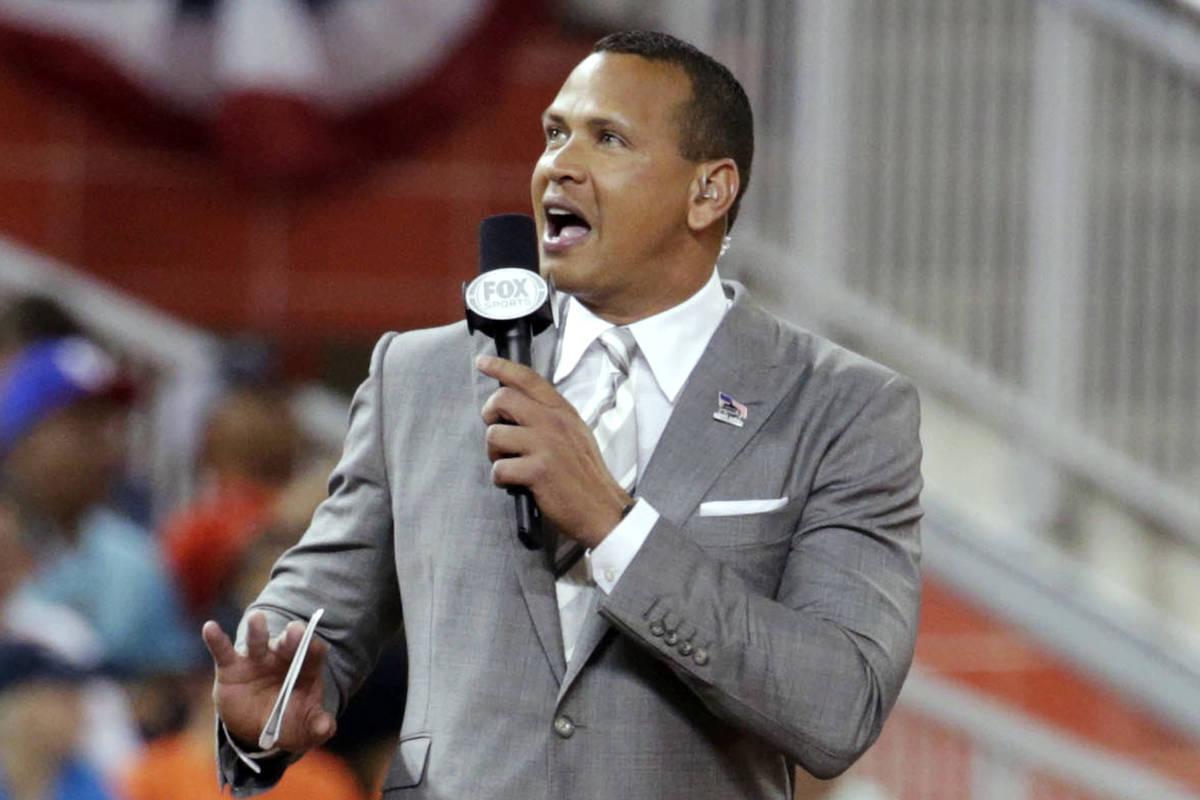Timberwolves sale has no imminent effect on Vegas’ NBA dreams
The impending sale of the Minnesota Timberwolves by longtime owner Glen Taylor to former MLB star Alex Rodriguez and former Walmart e-commerce CEO Marc Lore does not have any direct bearing on Las Vegas or its prospects as an NBA market.
At least not imminently, anyway.
The announcement of the sale last weekend prompted speculation about the future of the franchise amid yet another woeful season for the Timberwolves in the Twin Cities. But Taylor affirmed Tuesday in a radio interview with WCCO that the team is not leaving the market, and that Rodriguez and Lore have signed a contract that binds the team to Minneapolis when they take over in 2023.
“Let’s just say somehow they were able to break that agreement,” said Taylor, speaking with WCCO’s Chad Hartman, who used to call Timberwolves’ games for the team’s radio networks. “The real agreement is with the NBA. The NBA will make the decision if somebody’s going to move or not move. The NBA will not approve the Timberwolves moving from here to Seattle.”
Or Las Vegas, which means expansion is still the most viable option for a prospective NBA franchise.
At the beginning of the 2020-21 season, NBA commissioner Adam Silver publicly acknowledged the league was examining the consequences of expansion beyond 30 teams. Seattle and Las Vegas are markets that come to mind, given their previous ties to the NBA.
Seattle was the longtime home of the Supersonics, who in 2008 became the Oklahoma City Thunder. Las Vegas has hosted the NBA’s summer league since 2004.
Las Vegas mayor Carolyn Goodman told the Review-Journal in December that the city would welcome a franchise should the league decide to expand.
“I can assure you that we’re right there. And we would look forward to it,” Goodman said. “I think in time, we would just be a perfect fit ”
Expansion fees would help offset some of the revenue losses the league and its owners experienced as result of the coronavirus pandemic.
Taylor in the Tuesday interview estimated that an expansion fee would be roughly $2 billion.
Contact reporter Sam Gordon at sgordon@reviewjournal.com. Follow @BySamGordon on Twitter.























